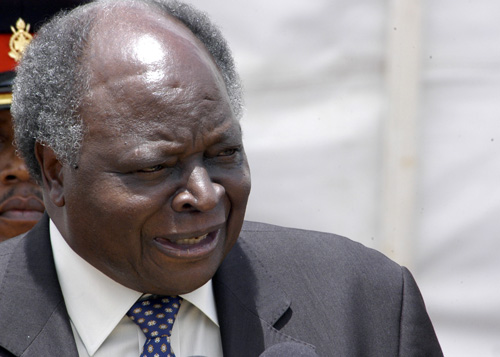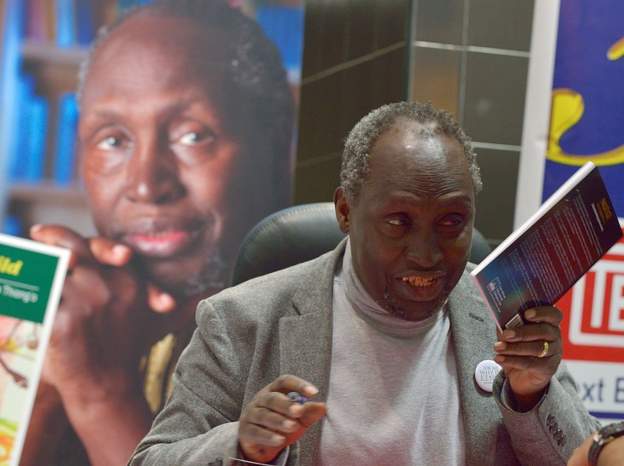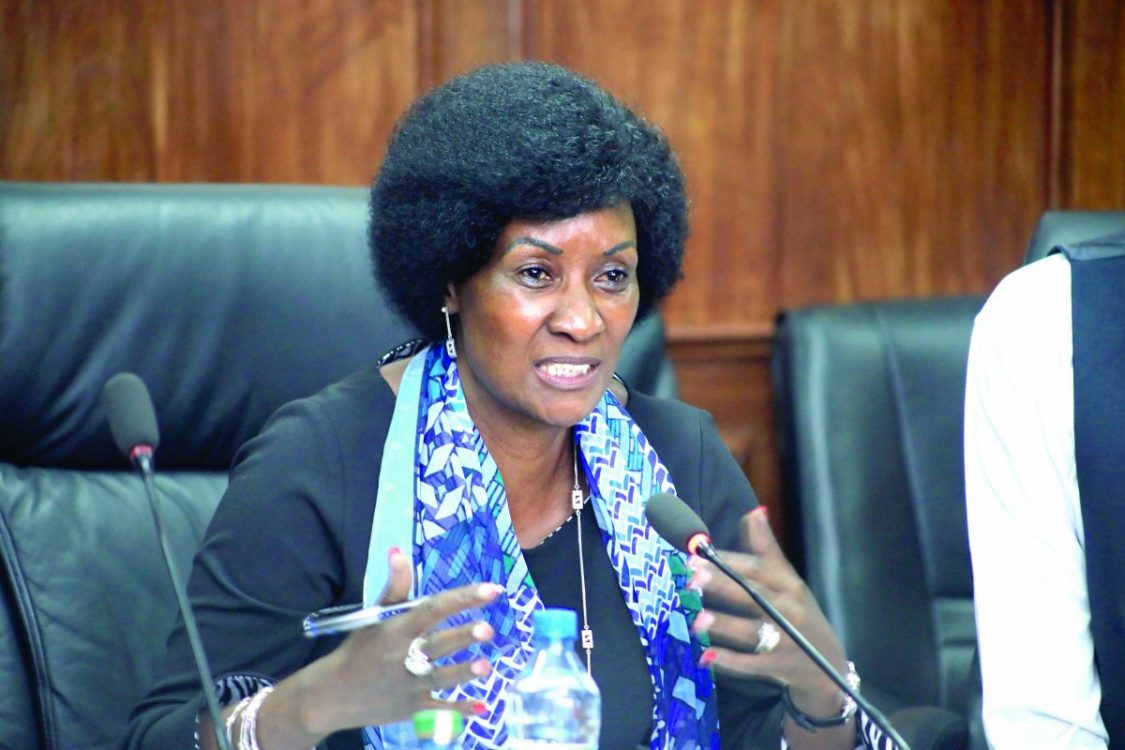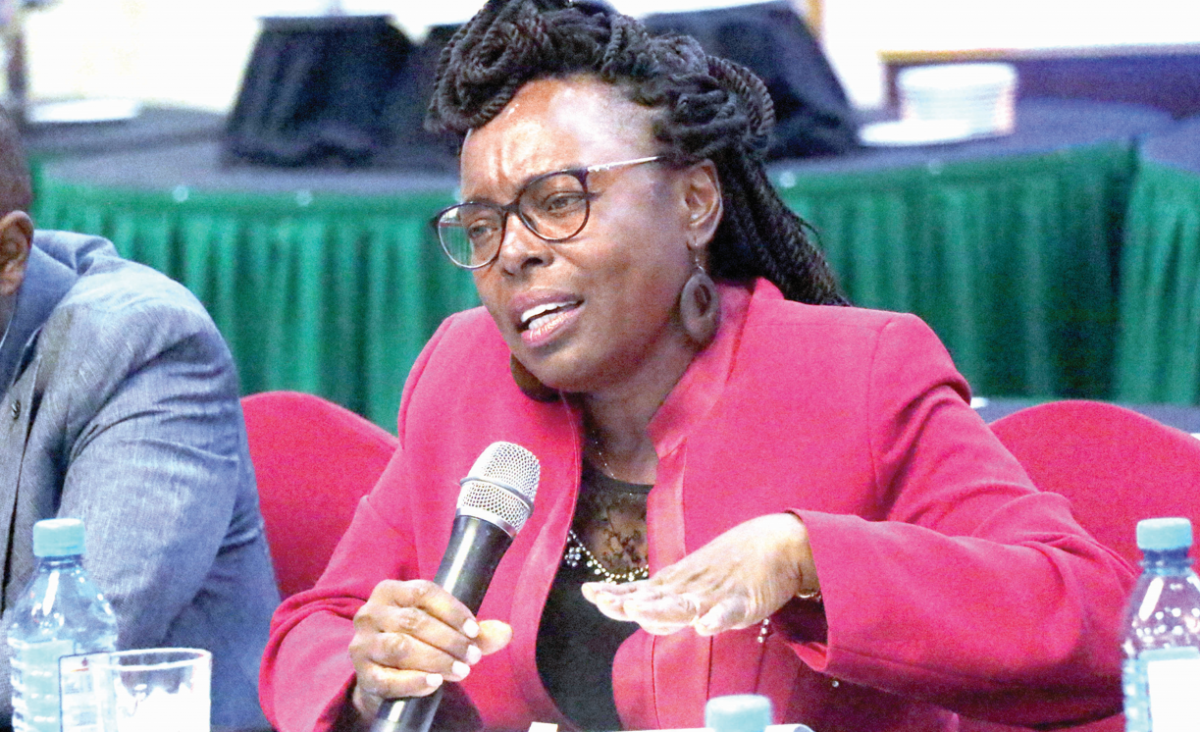Why it’s unlikely Ngugi will ever win the Nobel Prize
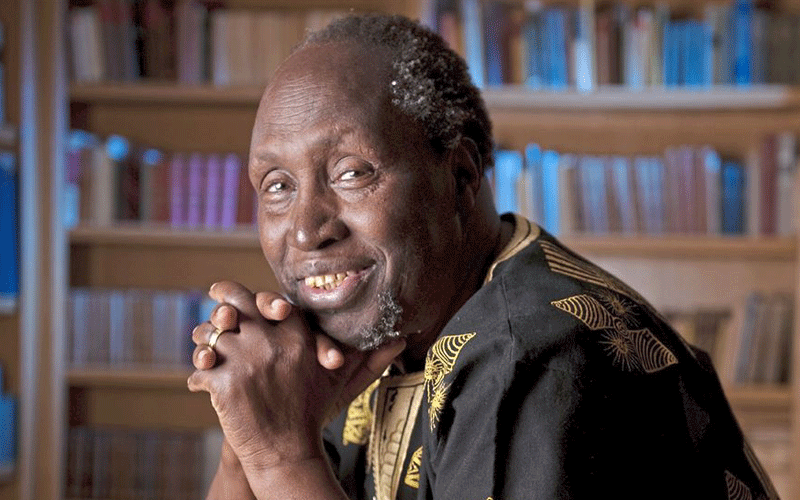
Mbugua Ng’ang’a
Will a day come when Kenya’s own son, Ngugi wa Thiong’o, will win the Nobel Prize for Literature as many of his fans have been asking themselves every year for the last decade?
To answer this question, it is important to first ask why Ngugi has perennially missed the coveted prize despite being in the list of hot favourites every year.
It is also as critical to find out what differentiates Ngugi from past winners of the global prize that has perennially eluded African writers.
Although the name of Louise Gluck may not ring a bell in the ears of many Kenyan readers, earlier this month, she made history by becoming the latest woman and author to win the prize that has in recent years attracted controversy due to the judges’ eclectic choices.
Gluck, a poet, mostly draws her inspiration from private experiences and, in recognising her, the Nobel Prize judges said that she had transformed the personal into universal experiences, which, at the end of the day, is the role that literature plays.
By shining a light on the private and the personal, literature illuminates the way for humanity.
This is something that Ngugi, too, has done since he was first published as a pioneer writer in the early 60s. So, why was Gluck recognised and Ngugi bypassed?
The difference between the two authors has been that Gluck has been widely recognised at home both by academia as well as the publishing industry.
For instance, in 1993, she was awarded an honorary doctorate by Williams College.
Two years later, she was awarded another by Skidmore College and yet another the following year by Middlebury College.
She has also won numerous American literary awards besides being recognised by various state governments.
This is what differentiates her from Ngugi. Despite having an impressive body of works – including canonical writings like Petals of Blood and A Grain of White – no county government has recognised Ngugi at home, yet he has contributed to the cultural, literary and intellectual renaissance of counties like Kiambu (where he was born) and Nairobi (where he worked).
In the same way, although the national government routinely recognises heroes every Mashujaa Day, it has not found it fit to recognise Ngugi, Kenya’s most illustrious literary son.
One of the most flabbergasting realities of our time, though, has been the spectacular failure by the publishing fraternity to recognise Ngugi’s towering contribution to the world of letters yet his books have been used as school texts for decades, influencing the world view of millions of young people.
In the past, proposal by industry players to inaugurate a Lifetime Achievement Award for literary heroes like Ngugi have been honoured in the breach.
This, by implication, means that the longer it takes for Kenya, its public and private institutions to recognise cultural icons like Ngugi, the longer it will take for him to be recognised at the global level.
Interestingly, other countries have led the way in showing the world that they recognise Ngugi’s cultural, literary and linguistic contribution even as we dither here at home.
For instance, earlier this year, Catalonia recognised the writer’s “for his distinguished and courageous literary work and his defense of African languages, based on the notion of language as culture and collective memory”.
His decision to give his acceptance speech for the Catalonia International Prize in his vernacular Kikuyu language divided opinion at home, with some saying he should have made it in Kiswahili.
In May last year, Ngugi was awarded the Erich Maria Remarque Peace Prize named after the German writer who was born in the city of Osnabruck.
In recognizing him, the award committee said the writer “understands communication among the different languages as a peace-building element. He is regarded as one of the most important voices in African literature.”
Interestingly, four years ago, the Kenyan writer made history when he became the first African to win the Pak Kyong-ni Literature Award, the international prize awarded by South Korea, meaning that like the prophets of old, he has been recognised everywhere except at home.
Yet, no writer in history has ever won the Nobel Prize for Literature without being recognised and honoured at home. [email protected]
